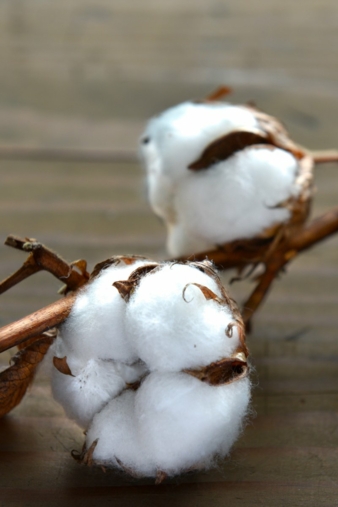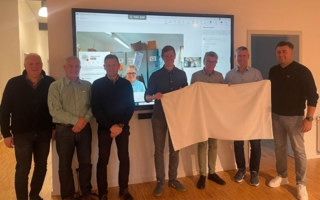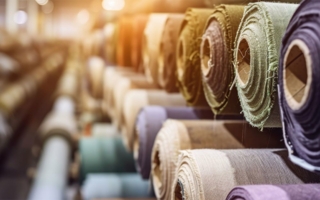03/02/2021 – Panel discussion: Circular Economy – The Future — auf Deutsch lesen
35th International Cotton Conference Bremen: Use it and keep it.
The “Circular Economy” is a much-discussed industry topic at the upcoming International Cotton Conference in Bremen,17–18 March.
At its core, it is about the life cycle of cotton in terms of the circular economy. Based on a ‘cradle to cradle’ process, the cycle begins with its natural origin and runs through various stages of processing and use to then be returned to its biological origin at the end.
The Bremen conference is well-known for getting to the bottom of things.
To this year’s hybrid format also applies: Ask questions and try to work out all the advantages and disadvantages.
The session ‘Circular Economy – The Future’ taking place on Thursday, 18 March.
Panel discussion with top-class participants
The two-hour panel discussion will be led by Simon Ferrigno from Derby, UK, a specialist in sustainable and organic production systems, author and contributor to various specialist publications.
His discussion partners include:
Pamela Ravasio from Zurich in Switzerland. She founded the Shirahime consultancy in 2009. As a specialist in corporate management and corporate sustainability with a focus on innovative digitalised processes, she has been advising European companies on the implementation of sustainable and transparent supply chains for more than 15 years. Ecologically responsible and socially acceptable working methods are essential here.
Kjersti Kviseth, Jar, Norway, is the owner of the 2025 design agency. She specialises in lifecycle design and has developed principles for circular design. Here, issues such as upcycling and recycling play a major role. In 2019, she won the Ispo EcoAward for her work.
Rolf Heimann is CEO and founder of the Hessnatur Foundation, Berlin, Germany and has been active in textile ecology for almost 30 years. He has developed environmentally friendly and biodegradable dying systems and coatings for textiles. For 12 years, Heimann led the Corporate Responsibility department at Hessnatur, a mail order and retail company that has been one of the pioneers in the market for sustainable textiles made from cotton and wool since it was founded in 1976.
Mary Ankeny is Vice President, Product Development and Implementation Operation at Cotton Incorporated, Cary NC, USA. Among other things, Cotton Incorporated deals with research questions concerning the biodegradability of cotton and other fibres, as well as with the subject of ‘cotton’s next life’ outside of the classic clothing supply chain.
Ernst Grimmelt is Managing Partner of spinner and weaver Velener Textil in Velen, Germany. Two years ago, his company developed a product branded as ‘Wecycled’, in which processed production residues from the spinning and weaving mill are converted back into individual fibres. With the addition of fresh cotton, they can be turned into high quality yarns and fabrics. The result is that leftovers are no longer disposed of unused but processed into new products.
Ecological and economic benefits put to the test
The aim of the panel discussion is to draw a picture of the current situation of the circular economy. In addition to the ecological benefits, it will also question the economic viability of processes. Advantages and disadvantages should become clear. In the context of recycling, there will be discussion on the chemical and mechanical processes for the production of new products, and questions about the biodegradability of fibres and textile products.
35th International Cotton Conference Bremen, 17-18 March 2021 Passion for Cotton!




